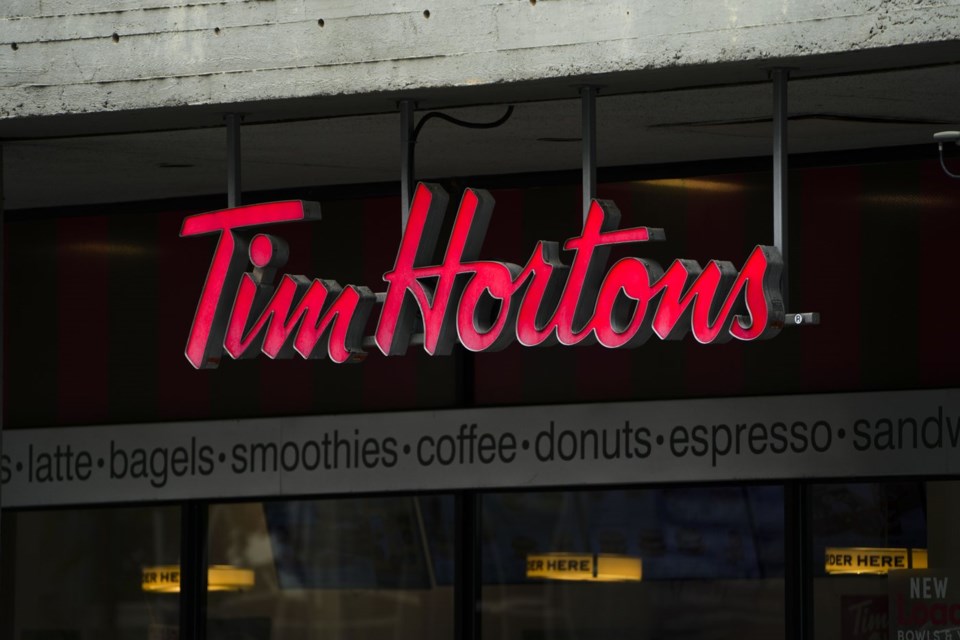TORONTO — A dip in consumer confidence and broader uncertainty in the economy helped drive down first-quarter profits at Restaurant Brands International Inc., its chief executive said.
“Through the first few months of 2025, we've been navigating a highly dynamic macro backdrop, one that's evolving differently across each of our key markets,” Josh Kobza told analysts on a conference call Thursday.
Kobza said the company, which owns Tim Hortons, Burger King, Popeyes and Firehouse Subs, anticipated a softer first quarter and “believe that some of the macro noise may have driven further softness.”
The company seemed less worried about the impact of the Canada-U.S. tariff war on its cost structure.
Chief financial officer Sami Siddiqui said the vast majority of the costs of goods sold are localized. For the portion of its supply chain that isn't, the company is working with suppliers and franchisees to localize it.
“Based on what we know today, if our efforts pan out, we will see a (costs of goods sold) impact of around 100 basis points or less,” he told analysts.
The company, which keeps its books in U.S. dollars, reported net income attributable to common shareholders of US$159 million or 49 cents US per diluted share for the quarter ended March 31.
The result was down from a profit of US$230 million or 72 cents US per diluted share in the same quarter last year.
On an adjusted basis, RBI said it earned 75 cents US per diluted share, up from an adjusted profit of 73 cents US per diluted share a year earlier.
Revenue for the company totalled US$2.11 billion for the quarter, up from US$1.74 billion.
Comparable sales at Tim Hortons dipped 0.1 per cent in the quarter, the company reported.
Kobza said comparable sales for Tims would've been 1.2 per cent when adjusted for last year's leap day.
Comparable sales fell 1.3 per cent at Burger King and four per cent at Popeyes.
While consumer sentiment has taken a hit, Kobza said the company noticed improved spending trends in April.
"We've seen that come back in the second quarter to date so far. We've seen a bit of an improvement in consumer confidence," he said.
The launch of its new scrambled eggs boxes in partnership with Ryan Reynolds at Tim Hortons is “doing great,” Kobza said.
The coffee chain launched the new breakfast offerings earlier this week. The boxes developed by the Vancouver-born star of “Deadpool” come in bacon or sausage varieties and include two scrambled eggs, hash browns and chipotle sauce.
“We're feeling really good about the Tims business. It's been doing wonderful,” Kobza said.
Despite a slower start to the year, Kobza said the company is making solid progress on its business strategy.
"While our results were masked this quarter by the tougher comparison, the leap day impact and macro pressures, it is clear the underlying plan is working," he said.
"We're confident we'll deliver at least eight per cent organic adjusted operating income growth in 2025."
-- With files from Tara Deschamps in Toronto.
This report by The Canadian Press was first published May 8, 2025.
Companies in this story: (TSX: QSR)
Ritika Dubey, The Canadian Press




